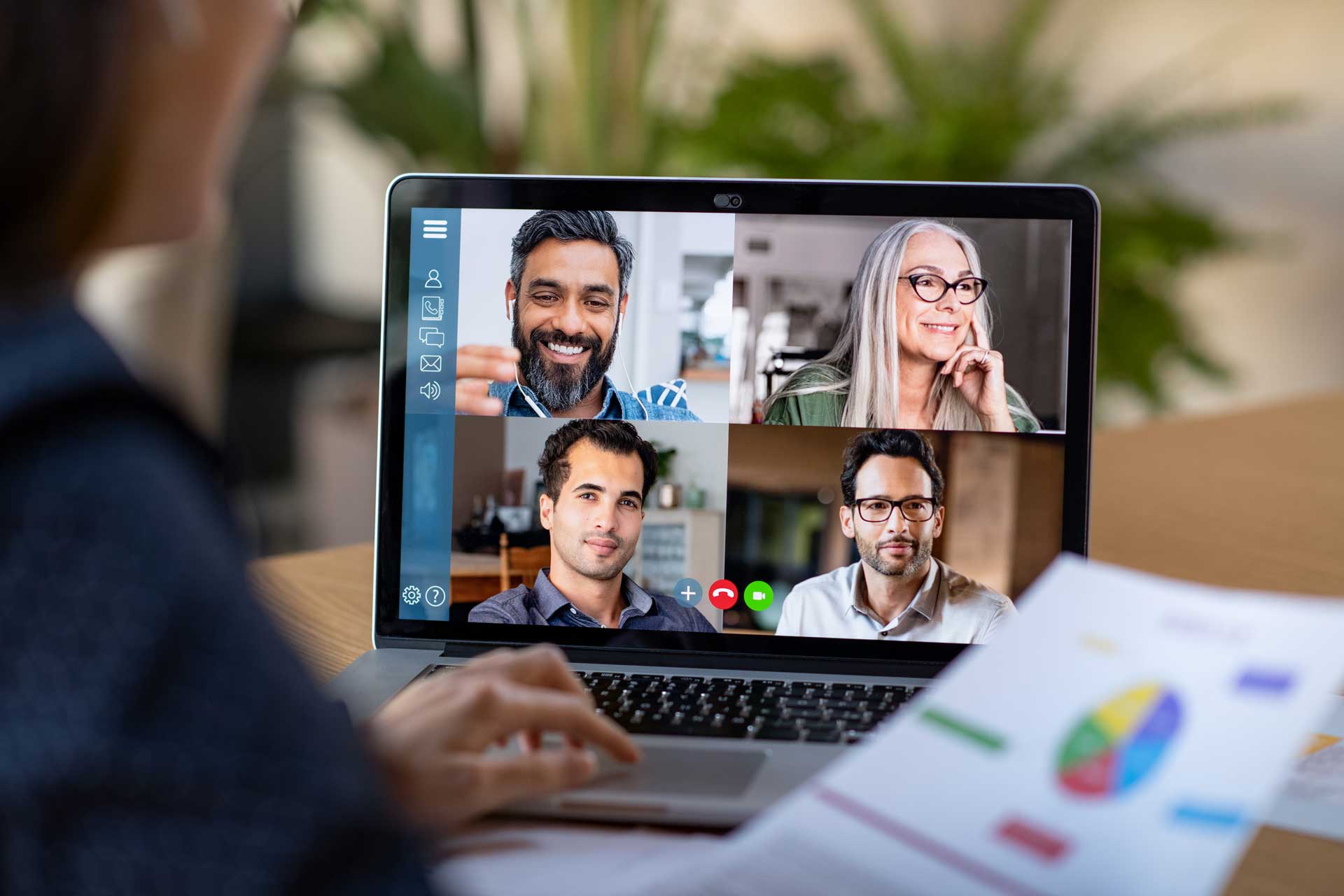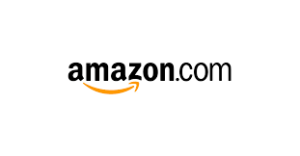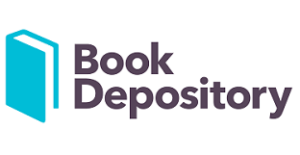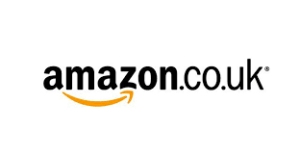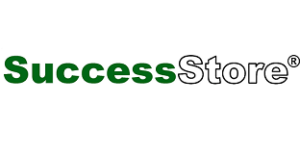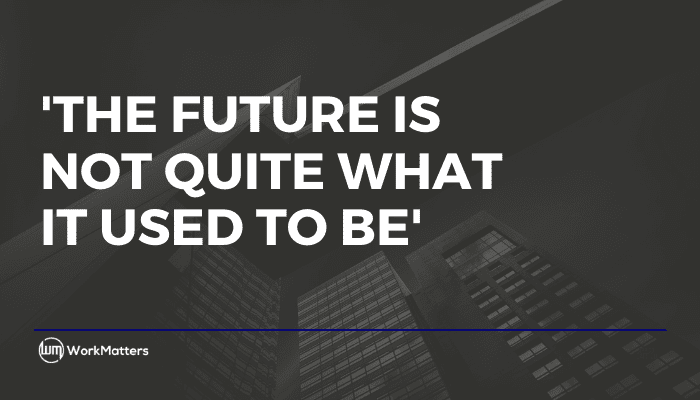
Quoted by numerous writers over the past 100 years from Paul Valéry to Robert Graves, this phrase has a new resonance today.
I have never been a huge fan of the “Future of Work” term – it has no literal meaning and is simply a label of convenience that covers multiple topics from robotics to multiple generations at work. But it has served as a universal expression to at least signal and highlight the profound changes to the world of work being driven by forces ranging from exponential digitalisation to globalisation, societal change and shifts in consumer behaviour.
Observers of the evolving world for work point to times in history when a significant change in the underlying economic and technological landscape has triggered far reaching changes to how we work and live. We are told, for example, that technology advancement in the last 20 years alone has moved us into the 4th Industrial Revolution which is a game changer for how, by who (or by what) work will get done into the future.
Sometimes we need more tangible or identifiable reference points to mark these changes.
It is often said that the “nikefication” of work reflected the 3rd Industrial Revolution changes brought about by advances in computer technology during the last quarter of the 20th century. The ‘organisation’ was no longer a single entity where work could be done but a global ecosystem of partners and suppliers connected by technology and global inter-connectivity. The more recent “uberization” phase of work signalled an advancement of that idea with re-emergence from history of the free agent, contingent or gig worker as part of that distributed work model. There are risks as well as benefits to both of these advancements in what has become perhaps a more precarious and fragmented world of work.
Is Covid signalling the next phase in the world of work ?
The COVID-19 outbreak has primed our concern even more about how fragile nature of employment has become in a service dominated, inter-connected and rapidly changing economy. And it has certainly accelerated our thinking and practices regarding new, remote and innovative ways of working. These trends were already well underway as part of the ongoing ‘future of work’ debate but CV19 has dramatically catapulted these practices into the mainstream asking questions on how, and where and by whom work can get done into the future.
Keeping with the questionable pattern of identifying shifts in the world of work with the names of US multinationals, perhaps it could be said that the “zoomification” of work has truly arrived as a mainstream, normal way of doing business and is no longer restricted to the particular sectors and work cultures where it had already existed for many years.
It is now an open question as to what the zoomification of work will mean for employers and workers as we shape the post Covid-19 world of work. Similar to its Nike and Uber cousins, the zoomification of work will bring many advances and upsides but also risks and dangers to be considered.
However, on the upside, and learning from the early days of the Covid experience, perhaps it will signal a more human and authentic world of work ?. One where there is a more mature employment relationship built on principles of genuine partnership, empathy, trust and servant leadership ? Where technology serves us as a toolkit for flexible working lives and a final challenge to some of the more inflexible work practices of the 20th century. The next, human phase of work may not just be about technology and economic efficiency which perhaps typified earlier cycles.
A challenge will be how we steer through the immediate aftermath of Covid-19 but also how we decide to shape this more informed, positive vison of work and leadership being presented to us with the need for social connectivity, efficiency, productivity and innovation.
But surely, form all that we have learned about work and disruption in the last 15 years alone, we can find a way to solve for these issues to ensure that this next phase of work will be a productive and fulfilling one for employers, leaders and workers alike. The future may not be quite what it used to be but it is still what we choose to make it.


